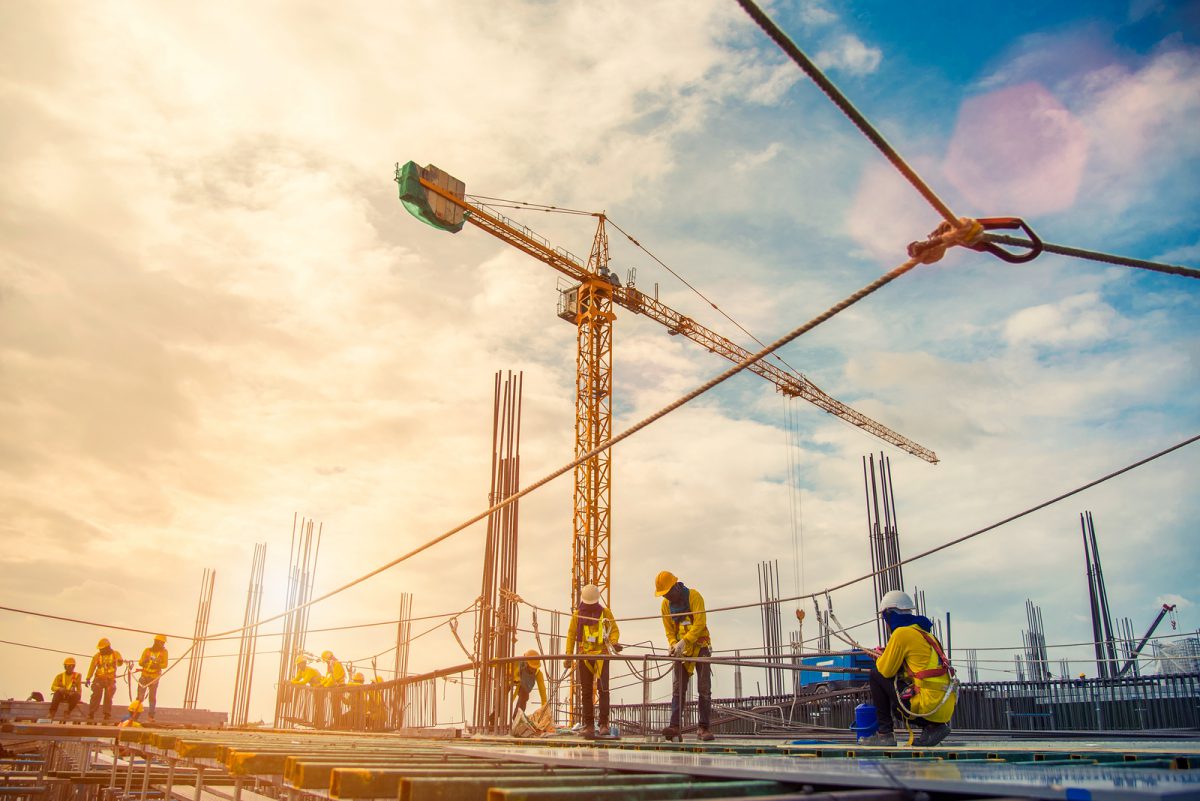The construction industry is filled with risk. More than 60 percent of all small businesses, including smaller construction firms, contractors, and subcontractors, will be out of business within six years. The industry is also very sensitive to outside problems, such as equipment problems, economic downturns, high prices caused by trade tariffs like the recent steel tariff, labor problems, shortages of materials, and a variety of other factors.
Whether you’re a private homeowner doing a small remodel or at the head of a federal agency overseeing a huge public works project, no one can afford to overlook all of these risks. There’s no need to cross your fingers and hope for the best; construction bonds guarantee that the job will get done. The bonds allow you to transfer the risk off of your shoulders and onto the surety.
Types of Construction Bonds
There are three kinds of surety bonds devoted to the construction industry: bid bonds, payment bonds, and performance bonds.
- Bid bonds provide a financial guarantee that a bid was submitted in good faith. This means that the contractor intends to honor the contract at that bid price and will perform as required.
- Performance bonds offer protection against financial loss for the owner, should the contractor fail to adhere to the contract’s terms and conditions.
- Payment bonds ensure that the contractor will pay laborers, material suppliers, and subcontractors connected to the project.
Functions of Construction Bonds
How do the practical functions of construction bonds protect you? In many different ways:
- They guarantee that the project will be finished, at the contract price and according to the contract’s terms;
- They get laborers, subcontractors, and suppliers paid even if the contractor defaults, which can lead to expedited deliveries and lower prices;
- They eliminate liens, smoothing the transition to permanent financing;
- They reduce the risk of funds being diverting from the project;
- The surety acts as an intermediary for complaints from the owner;
- They facilitate the use of competitive bids, sometimes lowering the cost of construction;
- They ensure contractors are of good character, have strong credit, and are qualified to do the project in terms of experience and equipment.
The Bottom Line
Sureties are crucial to the construction industry, keeping it safe for consumers and allowing the industry to stand as a symbol of American economic growth and stability. Surety bonds, a reliable measure against contractor failure, are a low-cost, wise investment in a dynamic industry. To learn more, contact Viking Bond Service today at 888-278-7389.


